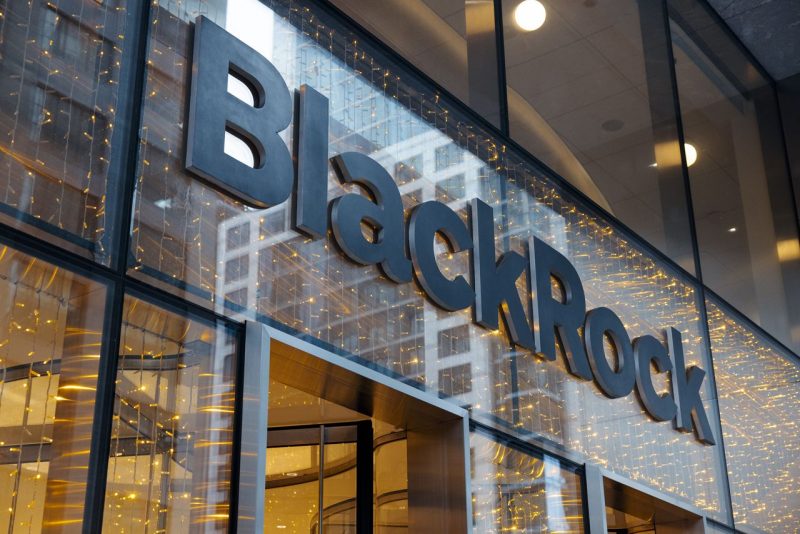A recent video by BlackRock has reignited discussions about Bitcoin’s fixed supply of 21 million coins. The video included a disclaimer suggesting that there’s “no guarantee” the cap won’t change, sparking controversy among investors and developers.
Bitcoin’s fixed supply is central to its value proposition as a deflationary digital asset. Any potential changes to this rule would likely impact how investors perceive the cryptocurrency’s scarcity and long-term value.
BlackRock’s Statement Raises Eyebrows
In a video posted on Dec. 17, BlackRock described Bitcoin as having a fixed supply of 21 million, emphasizing how this feature controls its purchasing power and prevents inflation. However, the video included a disclaimer: “There is no guarantee that Bitcoin’s 21 million supply cap will not be changed.”
This statement quickly drew attention. MicroStrategy chairman and Bitcoin advocate Michael Saylor reposted the video, fueling reactions across the crypto community. Critics questioned Bitcoin’s theoretical scarcity.
Joel Valenzuela, Director of Marketing at Dashpay, commented, “When the supply cap increase happens, it will have ‘always been part of the plan.’” Ethereum developer Antiprosynthesis echoed skepticism, remarking, “BlackRock understands Bitcoin better than Bitcoiners.”
Can Bitcoin’s Supply Cap Be Changed?
Technically, Bitcoin’s supply cap can only change if the majority of stakeholders—miners, node operators, developers, and investors—reach consensus on a hard fork. This process involves creating a new version of Bitcoin’s software and transitioning to a chain with modified rules.
Bitcoin developer Super Testnet, known for their work on BitVM, argues that while such a change is theoretically possible, it would not result in the same Bitcoin. “The inflation cap is definitional to Bitcoin,” they said, citing Satoshi Nakamoto’s whitepaper. “Eliminate that, and whatever you have isn’t Bitcoin anymore.”
In essence, an uncapped version of Bitcoin would not align with the original vision laid out by its creator. Super Testnet compared it to turning Bitcoin into PayPal, implying such a system would fundamentally differ from the decentralized, finite asset envisioned in its whitepaper.
Why Some Might Push for a Change
Bitcoin miners play a critical role in the network’s security, earning rewards in Bitcoin for validating transactions. These rewards consist of a block subsidy and transaction fees. However, the subsidy halves every 210,000 blocks, reducing miners’ earnings over time.
Currently, miners earn 3.125 Bitcoin per block, worth approximately $316,950 at today’s prices. This amount will drop to 1.625 Bitcoin by 2028, forcing miners to rely more heavily on transaction fees to remain profitable. Without sufficient financial incentives, some fear miners could abandon the network, compromising its security.
In May 2024, Bitcoin miners benefited from a surge in transaction fees during the Bitcoin Ordinals craze. However, such spikes are often short-lived. Mining pool viaBTC noted earlier this year that Bitcoin’s application layer must continue to evolve to ensure adequate incentives for miners, especially as the last Bitcoin is expected to be mined around 2140.
Super Testnet argues that miners alone wouldn’t be able to force a hard fork to increase Bitcoin’s supply cap. Such a change would require broad consensus across the entire Bitcoin community—a challenging feat given the cryptocurrency’s decentralized nature.
